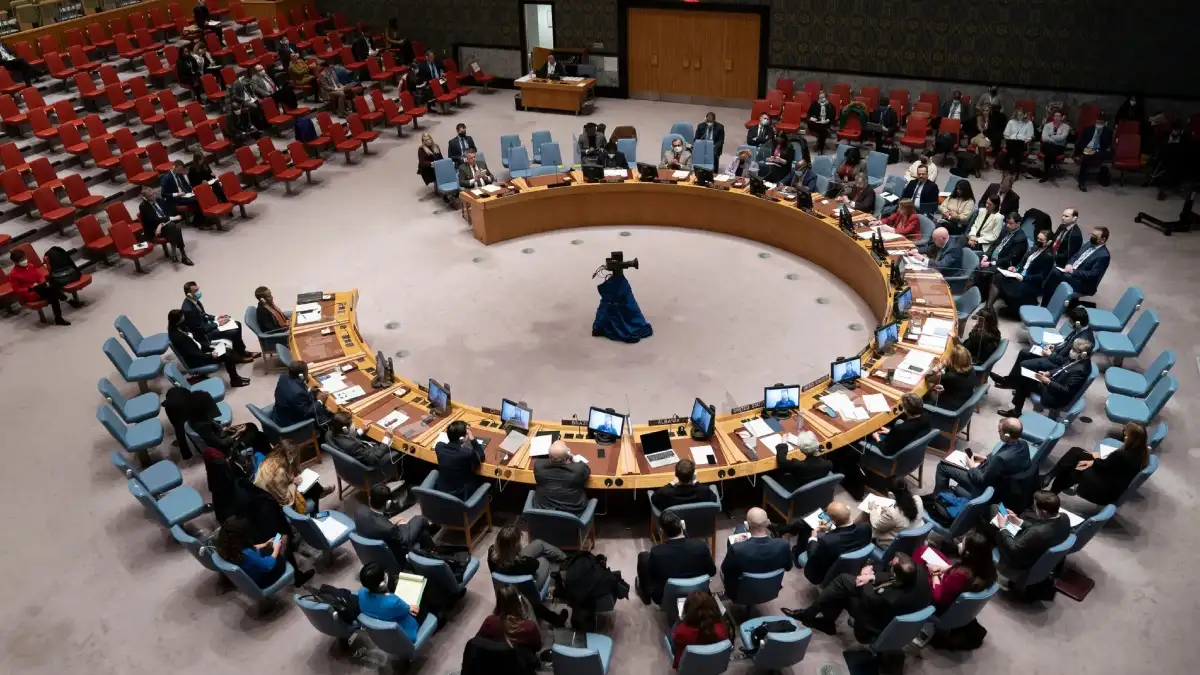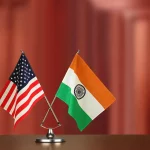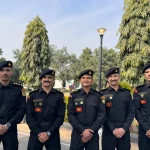In a significant diplomatic development, the United Nations Security Council (UNSC) rejected Pakistan’s efforts to internationalize the Kashmir issue during a closed-door meeting convened after the April 23 terror attack in Pahalgam, Jammu and Kashmir. The Council not only dismissed Islamabad’s claims but also censured its recent missile tests and nuclear rhetoric, warning of the risks such actions pose to regional stability.
According to informed sources, UNSC members expressed deep concern over the targeted killing of 26 Hindu tourists in Baisaran valley — one of the deadliest attacks in the region since the abrogation of Article 370 in 2019. The attack was carried out by a group affiliated with the proscribed terror outfit Lashkar-e-Taiba (LeT). Investigations have pointed to foreign terrorist involvement, support from local militants, and a command structure led by LeT chief Hafiz Saeed, who remains wanted for the 2008 Mumbai attacks.
In the UNSC session, Pakistan’s attempt to label the Pahalgam incident a “false flag” operation by India was met with outright rejection. Council members instead emphasized accountability and condemned the religiously motivated violence. The Council extended condolences to the families of the victims and governments of India and Nepal, and wished the injured a swift recovery.
Criticism also mounted over Pakistan’s unilateral decision to suspend the 1972 Simla Agreement — a move seen as undermining bilateral mechanisms for conflict resolution. Members reaffirmed that any outstanding issues between India and Pakistan, including Kashmir, should be resolved bilaterally, as stipulated by the Agreement. Pakistan’s escalation, including recent missile tests and veiled nuclear threats, was viewed as exacerbating tensions and increasing the risk of wider conflict.
The Security Council’s position echoes earlier remarks by UN Secretary-General António Guterres, who strongly condemned the Pahalgam attack and urged all nations to assist in counter-terrorism efforts in line with international law and UNSC resolutions.
The Pahalgam massacre is the latest in a string of attacks in Jammu and Kashmir, following deadly incidents in Boota Pathri and Sonamarg in October 2024. Key LeT operatives, including Junaid Ahmed Bhatt, have been neutralized since then, but cross-border terrorism and infiltration remain persistent challenges.
By urging Pakistan to return to the path of bilateral engagement and denouncing attempts to politicize terrorism, the UNSC has sent a clear signal on its stance: international terror cannot be whitewashed through diversionary tactics, and peace in South Asia must be pursued through dialogue and restraint.













